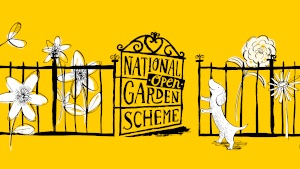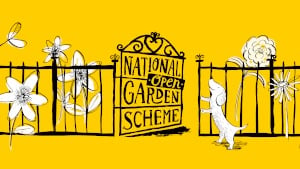About Filkins Hall
Arts & Crafts Hall (not open) partly rebuilt 1912. Grand landscape setting rejuvenated, inc lawns, ha-ha, venerable trees, shrubs, wide herbaceous borders, wall shrubs, stumpery, bothy and parkland pasture beyond. Regency coach house (not open) and walled garden can be seen from gardens.



.jpg)
.jpg)
.jpg)
.jpg)
.jpg)

.jpg)
.jpg)